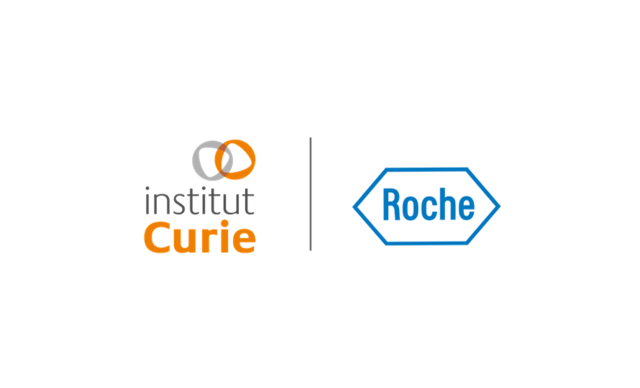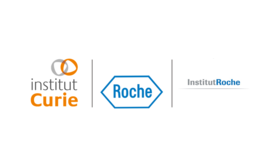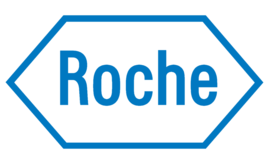Roche & Institut Curie's innovative work published in the European Journal of Cancer

The long-term partnership between Roche and Institut Curie is rewarded with an open access publication in the European Journal of Cancer. Objective of the study? The development of a personalized reimbursement model based on the reality of prescriptions and taking into account real-life data (indication, duration and response to treatment, etc.). Initiated in 2011, the study was conducted as part of Roche's national "personalized reimbursement model" (PRM) project, in collaboration with Dr. Paul Cottu, Deputy Head of the Department of Medical Oncology at Institut Curie and member of the project's scientific committee.
The work focused on the collection and analysis of treatment prescriptions - for Roche anti-cancer products - for patients with HER2+ breast cancer, taking into account real-life data. The study is particularly innovative since it is based on electronic data from patients' pharmaceutical records and not medical records, as Dr. Paul Cottu points out:
This study is unique in terms of its scope, it is the first of its kind in France in which the pharmacy records of nearly 22,000 patients were analyzed over a period from 2011 to 2018. In addition to increasing knowledge on the use of anti-cancer treatments, which are very expensive and can be prescribed for a long time, the ultimate goal is to propose alternative payment models that can benefit the greatest number of people and that are based on the real benefit to patients.
The study generates a lot of promising data for the optimization of drug use:
- A validated methodology.
The results obtained show that the capture of pharmaceutical data, the methodology employed and the algorithms chosen for the analysis of the data collected, allows the care pathway of HER2 breast cancer patients, whether in the early or advanced stages, to be reconstructed with a fair degree of accuracy.
- The evolution of chemotherapy prescriptions associated with anti-HER2 treatment.
The study documents and describes the evolution of chemotherapy practices associated with these treatments.
- An approach to be complemented by medical data.
"Our study is a good model but remains incomplete because the study process does not provide access to medical records and pharmaceutical data is not sufficient. Our results suggest that for a portion of the patients, there may be under-utilization of the treatments; we now need to understand why some patients are not receiving some of these anti-HER2 treatments," explains Dr. Paul Cottu.
- Efficacy levels close to clinical trial results.
The work indicates that when the prescription is well indicated, the efficacy and therefore the treatment durations are close to those of the clinical trials.



